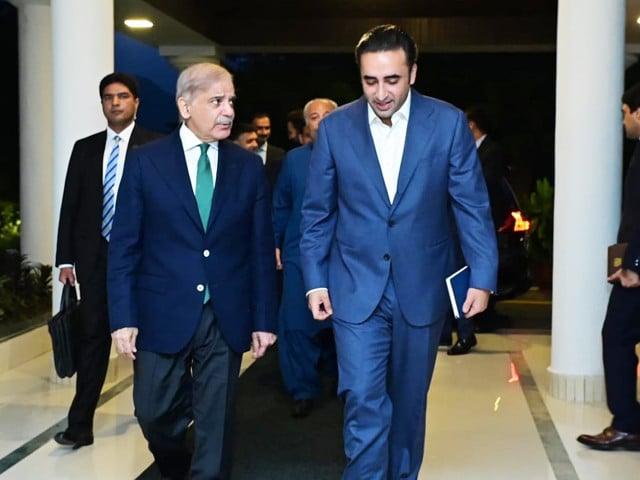Pakistan People’s Party (PPP) leader Shazia Marri warned that the party might stop supporting the federal government due to lack of trust in important decisions, stressing that if the party withdraws its support, the federal government will collapse.
In a statement, PPP leader Shazia Marri strongly reacted to the decision of the Shipping and Maritime Ports Authority, saying that the federal government constantly makes decisions without consulting the PPP, including the establishment of the Shipping and Maritime Ports Authority from Pakistan.
He claimed that both the Sindh government and the PPP did not know anything about the establishment of the authority. He reiterated that as long as the PPP continues to support the federal government, it will remain in power, but once that support ends, the government will cease to exist.
Marri further pointed out that the Pakistan Muslim League-Nawaz (PML-N) might not realize this, adding that the PPP had been demanding the convening of the National Interest Council meeting for a long time, but it has not been called. in eleven months. .
The PPP spokesperson stated that the current violation of the Constitution by the Prime Minister, who is legally obliged to convene the Council of Common Interests every three months, is alarming.
Marri demanded that the issue of establishing the Shipping and Maritime Port Authority be brought to the Council of Common Interests, emphasizing that decisions on key national issues should not be made without consulting allies and provinces. He further stated that the actions of the federal government are incomprehensible and could lead to deeper divisions.
He urged that the country be governed according to constitutional and legal principles, with consultations with allies and provinces before making decisions on maritime issues and recommendations from port authorities.
Earlier, Sardar Saleem Haider Khan, governor of Punjab, said that the alliance of the PML-N and the PPP has damaged the latter in the country’s political powerhouse, Punjab. However, he predicts that it is now the PML-N’s turn to bear the brunt of this alliance.
Khan, who belongs to the PPP, was sworn in after a power-sharing deal was reached between the PPP and the ruling PML-N following the February 8 general elections.
Under the deal, the PPP picked the constitutional posts of president, governorship of two provinces (Punjab and KP) and Senate presidency in return for propping up the PML-N-led coalition government at the Centre.
The PPP and PML-N, archrivals before the rise of the PTI, had a long history of turf wars in the country’s most populous province that the PML-N had wrested from the PPP.
There is a general impression that the anti-PML-N voter in Punjab is disillusioned with the PPP after it moved closer to the PML-N and then started voting for the PTI.




